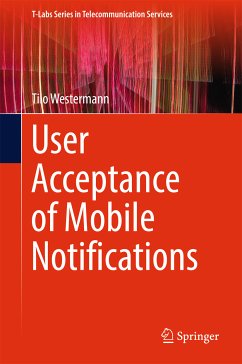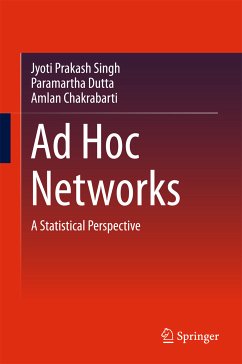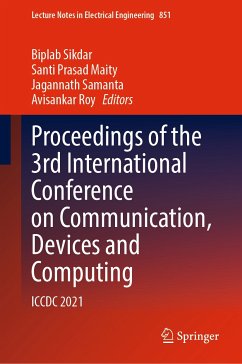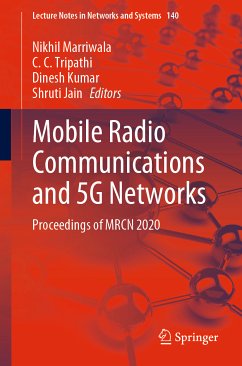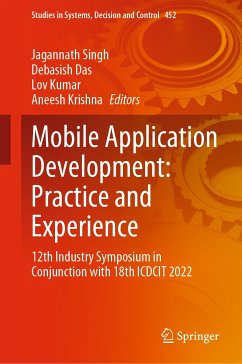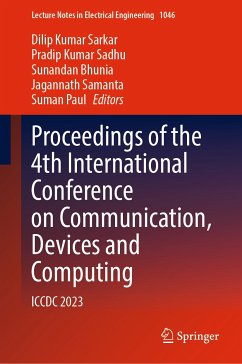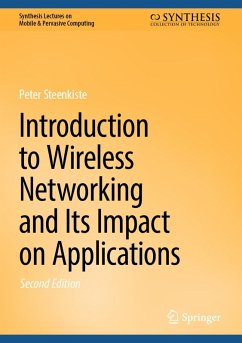
Post-disaster Navigation and Allied Services over Opportunistic Networks (eBook, PDF)
Versandkostenfrei!
Sofort per Download lieferbar
72,95 €
inkl. MwSt.
Weitere Ausgaben:

PAYBACK Punkte
36 °P sammeln!
This book provides the details of developing a digital pedestrian map construction system over the intermittently connected mobile network. Over the past couple of decades, countries across the world, both developing and developed, have witnessed a significant number of disasters. Thus, it has become mandatory for each of the disaster-prone countries to equip themselves with appropriate measures to cope with the challenges of providing post-disaster services. Some of the serious challenges are incapacitated communication infrastructure, unstable power supply and inaccessible road networks. Out...
This book provides the details of developing a digital pedestrian map construction system over the intermittently connected mobile network. Over the past couple of decades, countries across the world, both developing and developed, have witnessed a significant number of disasters. Thus, it has become mandatory for each of the disaster-prone countries to equip themselves with appropriate measures to cope with the challenges of providing post-disaster services. Some of the serious challenges are incapacitated communication infrastructure, unstable power supply and inaccessible road networks. Out of these challenges, the destruction of road networks, especially in developing countries, acts as a major hindrance to effective disaster management. To be more specific, the success of a disaster response operation generally depends on the speed of evacuation and transportation of adequate amount of relief materials at the right time to the disaster-affected areas. Hence, map-based navigation support is a primary requirement for post-disaster relief operations. This book also provides the solution of the two other important post-disaster management services such as situational awareness and resource allocation. Both of these services are invariably dependent on the existence of navigation support. Finally, in order to offer such services, the other challenge is to address the problem of incapacitated communication infrastructure. This book also deals with such challenges in post-disaster scenarios and develops automated post-disaster management services.
Dieser Download kann aus rechtlichen Gründen nur mit Rechnungsadresse in A, B, BG, CY, CZ, D, DK, EW, E, FIN, F, GR, HR, H, IRL, I, LT, L, LR, M, NL, PL, P, R, S, SLO, SK ausgeliefert werden.



